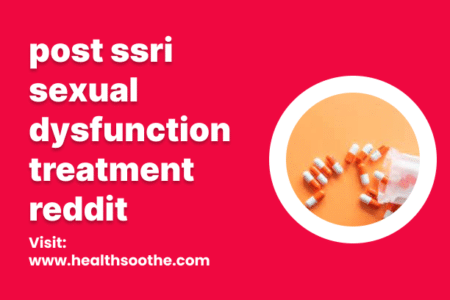Types of Mental Health Disorders
Mental health disorders can be devastating and life-altering. Unfortunately, they are a reality for many individuals across the world. It is essential to understand the symptoms, treatments, and causes of these mental health issues in order to provide help and support to those who suffer from them. Let’s take a closer look at the types of mental health disorders that exist and how they can be managed.
Depression
Depression is one of the most common mental health disorders. People with depression experience fluctuations in mood, energy, and motivation levels. Symptoms may include feeling sad for extended periods of time, sleeping too much or too little, changes in appetite and weight, irritability or apathy, difficulty concentrating, and thoughts of suicide or death. Depression can be treated with medication, therapy, lifestyle changes such as increased exercise or improved sleep hygiene, or a combination of all three.
Anxiety Disorders
Anxiety disorders are characterized by feelings of intense fear and worry that are out of proportion to the situation at hand. Common anxiety disorders include generalized anxiety disorder (GAD), panic disorder, social anxiety disorder (SAD), obsessive-compulsive disorder (OCD), post-traumatic stress disorder (PTSD), and specific phobias.
Treatment for anxiety includes cognitive behavioral therapy (CBT) to help individuals understand their negative thought patterns and learn how to respond differently to situations that cause them distress; medications such as antidepressants; lifestyle changes such as regular exercise; and relaxation techniques like yoga or meditation.
Bipolar Disorder
Bipolar disorder is a type of mood disorder that causes extreme shifts in moods—from manic episodes where an individual feels elated for prolonged periods of time to depressive episodes where an individual feels down for prolonged periods of time. Bipolar disorder is treated with medications such as mood stabilizers or antipsychotics; lifestyle changes such as avoiding alcohol or drug use; psychotherapy; and other treatments such as electroconvulsive therapy (ECT).
Treatments for Mental Health Disorders
The best approach to treating any mental health disorder is a combination of medication and therapy. Depending on the severity of the condition, medications such as antidepressants or antipsychotics may be prescribed to help manage symptoms while psychotherapy can help patients learn coping skills and address underlying issues that may be contributing to their mental illness. It is also important for individuals suffering from mental health disorders to have access to social support networks so they can feel connected to others and have a sense of community during difficult times.
Managing Mental Health Disorders
In addition to professional treatment, there are ways in which people with mental health disorders can manage their symptoms independently.
These methods include engaging in mindfulness activities such as meditation or yoga; maintaining a healthy diet and exercise regimen; practicing self-care through relaxation techniques; participating in creative activities such as drawing or writing; using support groups or peer mentoring programs; engaging in physical activity; setting realistic goals for yourself; avoiding triggers or stressful situations; getting enough restful sleep each night; connecting with nature; talking about your feelings with family members or friends; and seeking out positive outlets for your emotions such as music or art therapy.
Mental health disorders can be debilitating but they do not have to define you forever. With proper treatment, lifestyle modifications, and social support networks, people living with mental illness can lead happy and productive lives despite their diagnosis. It is important to remember that no one should ever have to suffer alone—there is always help available if you reach out for it! If you think you might be struggling with a mental illness, don’t hesitate to seek professional help right away—your well-being is worth it!




